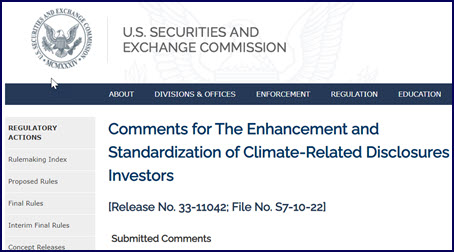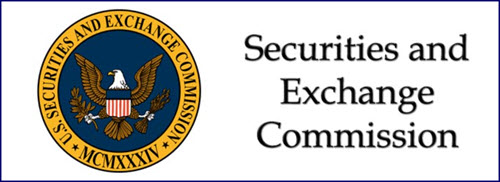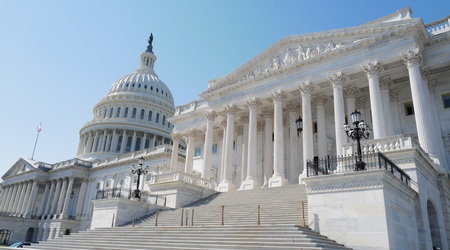Congressional lawmakers recently submitted comments to the U.S. Securities and Exchange Commission (SEC) regarding its proposed rule that would require all registered companies to disclose material financial risks related to climate change. Overall, the SEC has received about 10,000 responses on the climate reporting proposal. (AP, June 17, Wall Street Journal, June 21 and SEC docket with list of organizations and individual comments)
The Real Estate Roundtable submitted its comments to the SEC on June 10. (Roundtable Weekly, June 10)
Views from Congress, State AGs
- More than 130 House Republicans wrote to SEC Chair Gary Gensler on June 15, asking him to rescind the climate disclosure proposal. “It is Congress’ job to set our environmental policy, not the job of unelected regulators,” according to the House letter. They have also called for a hearing on the SEC’s proposal. (E&E News, May 10)
- A nearly equal number of House Democrats countered in their own letter, urging the SEC “to finalize the rule as quickly as possible.”
- Over in the Senate, Republicans expressed their opposition in an April 5 letter.
- Meanwhile, various Democratic Senators submitted several separate comments on June 17. One of their letters maintains that the proposal does not go far enough and should include a specific quantitative threshold for mandatory disclosures of Scope 3 emissions.
- State Attorneys General have similarly expressed dueling opinions. (Democratic State AGs and Republican State AGs)
CRE Response

- The Real Estate Roundtable’s June 10 comments were a focus of the June 17 meeting of The Roundtable’s Sustainability Policy Advisory Committee, chaired by Tony Malkin (Chairman, President and CEO of Empire State Realty Trust). (Roundtable Weekly, June 17)
- Eleven national real estate industry trade groups, including The Roundtable, submitted a joint letter about the proposal on June 13.
- Several of The Roundtable’s partner organizations also submitted individual responses. See letters from American Hotel & Lodging Association; Commercial Real Estate Finance Council; Mortgage Bankers Association; National Association of REALTORS; Nareit; National Multifamily Housing Council and National Apartment Association; and The Real Estate Board of New York.
- The SEC received diverse perspectives across the spectrum of investor, environmental, business, and utility sector stakeholders, including letters from American Petroleum Institute, BlackRock, Business Roundtable, Ceres, Earthjustice, Edison Electric Institute, U.S. Chamber of Commerce, and World Resources Institute.
- If the rule is finalized, compliance would phase-in over the next several years. All SEC registrants would be required to quantify their greenhouse gas (GHG) emissions and assess the economic impact of rising sea levels related to their assets through annual 10-Ks and additional filings. (SEC News Release | Proposed Rule | Fact Sheet, March 22)
The Biden administration is expected to push forward with a final rule that could be issued later this year.
# # #







